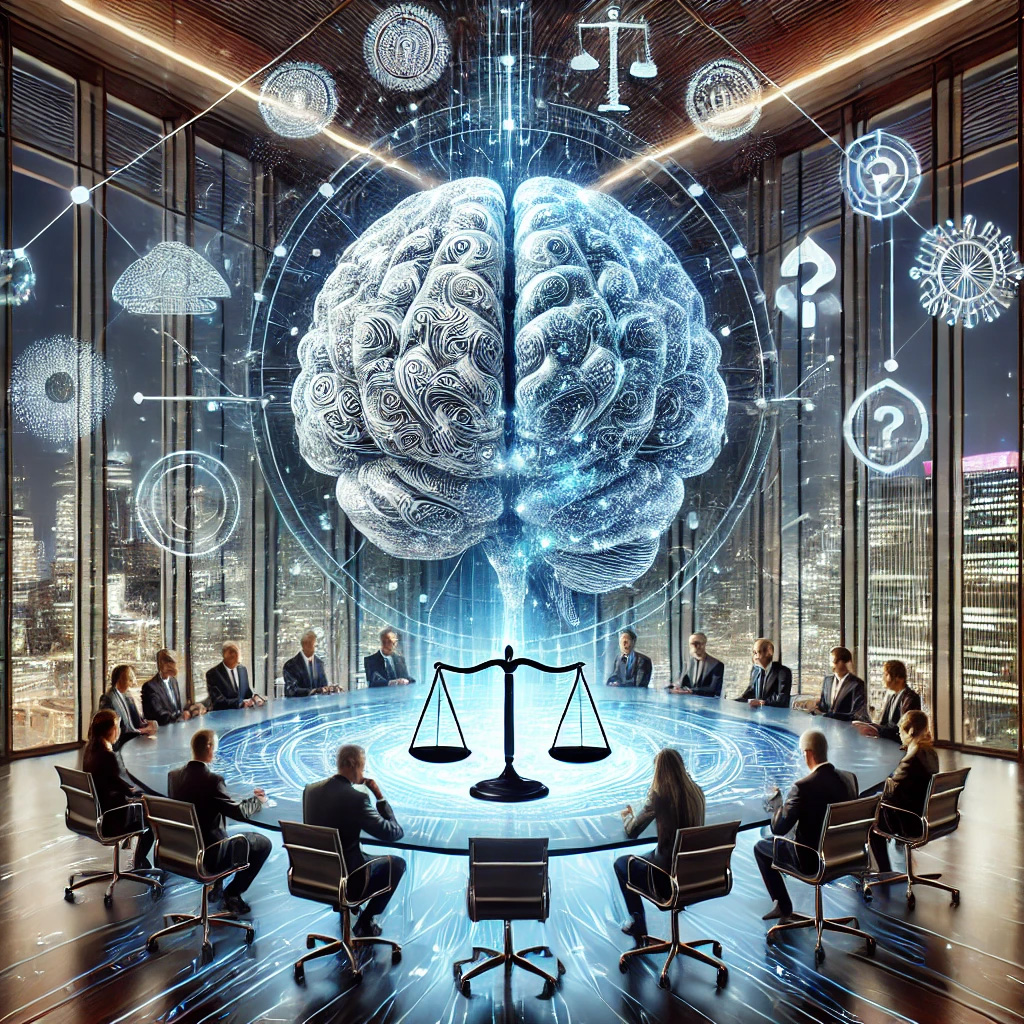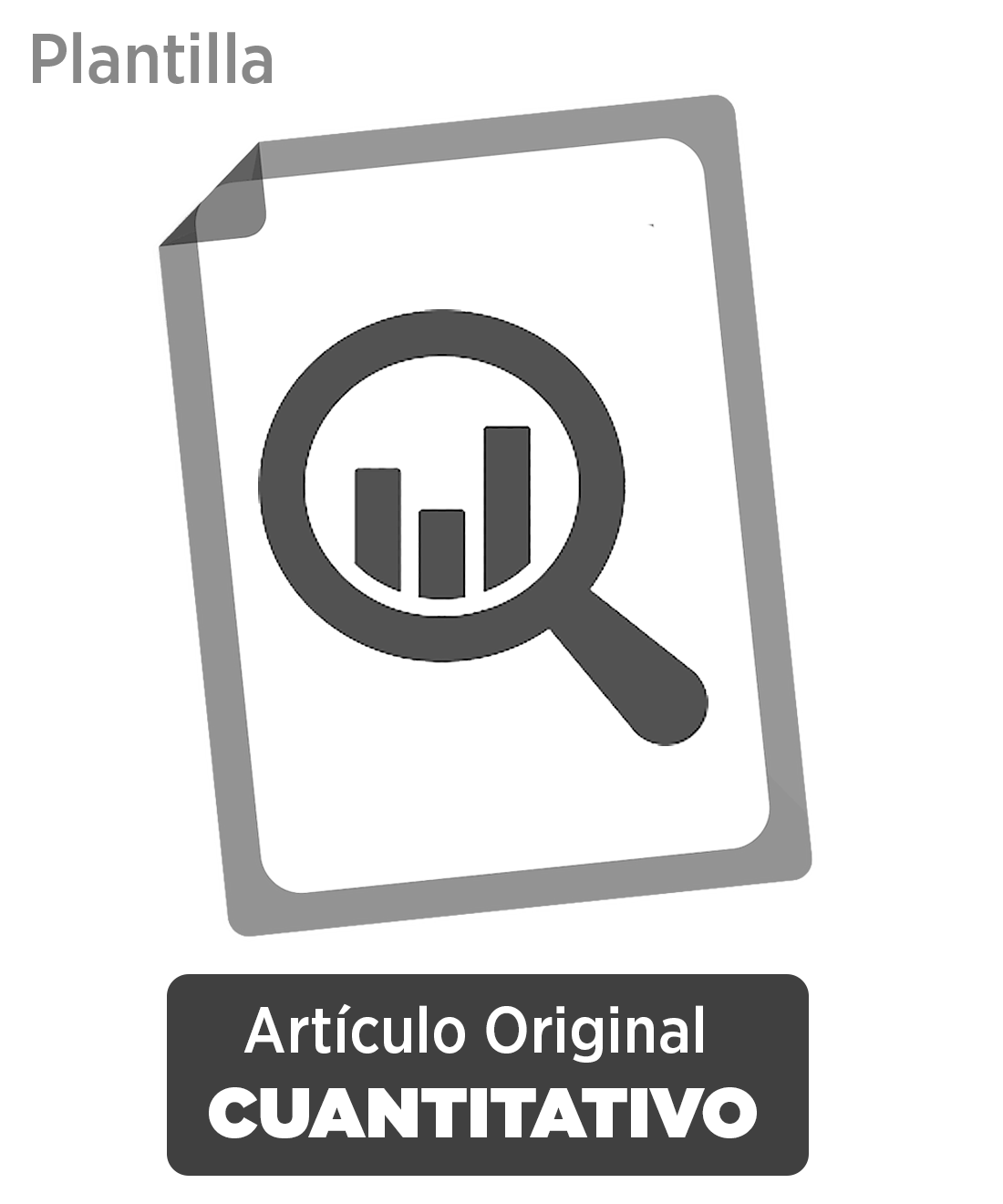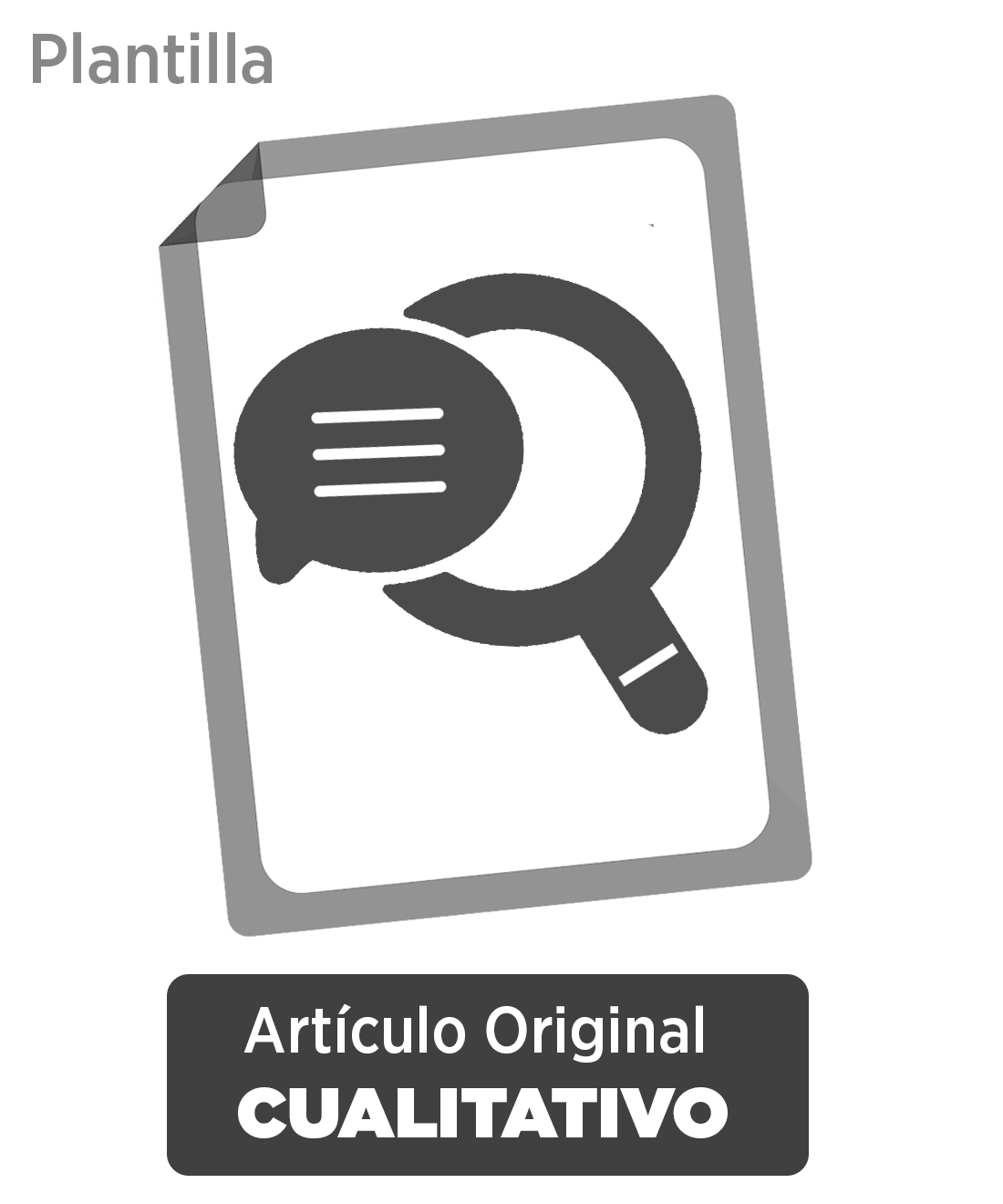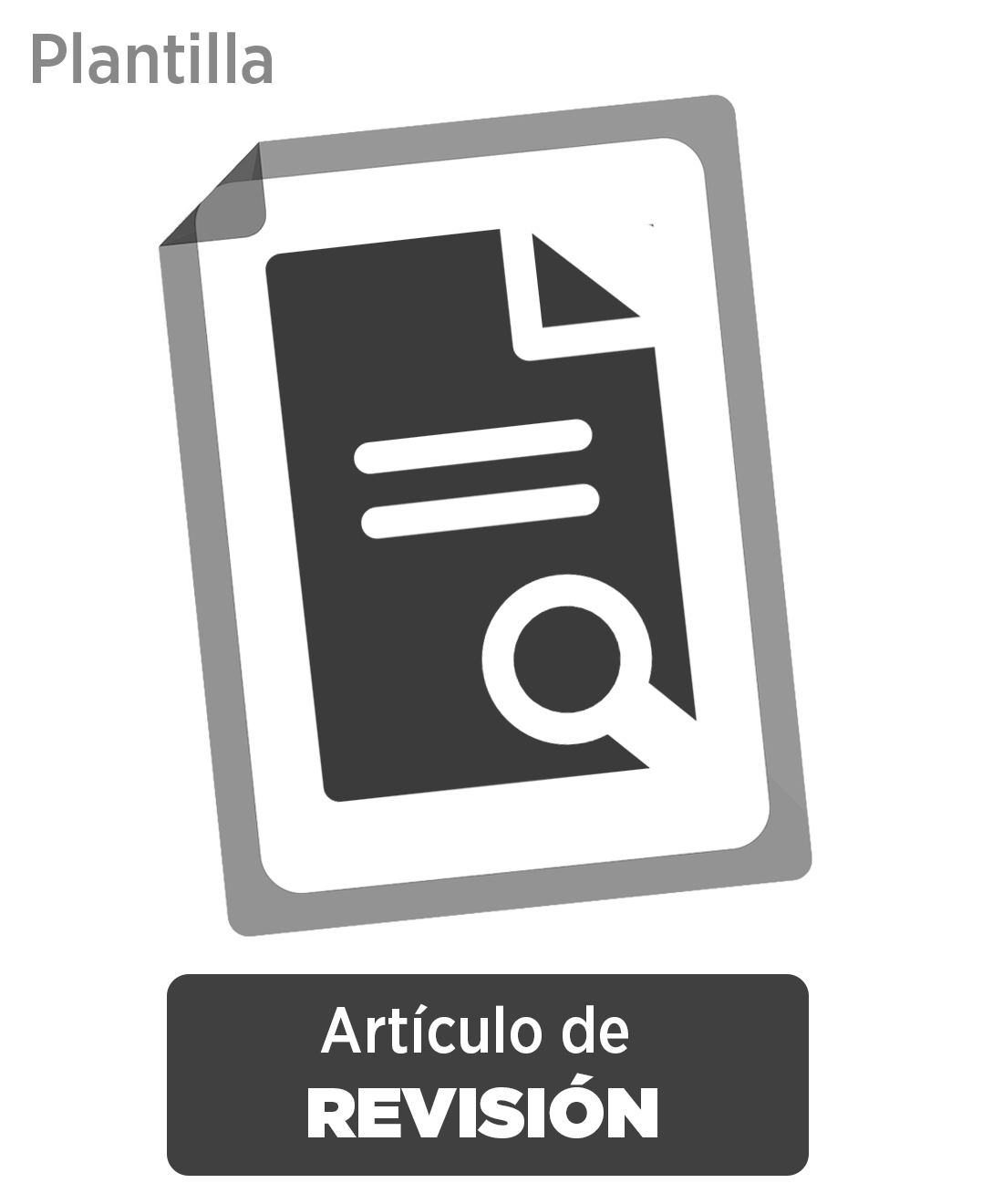Gobernanza y desafíos éticos en la adopción empresarial de la Inteligencia Artificial
DOI:
https://doi.org/10.37711/rcie.2024.4.2.633Palabras clave:
inteligencia artificial, ética, gobierno, cooperación internacional, cambio tecnológico.Resumen
Este trabajo explora cómo la inteligencia artifcial (IA) impacta en la gestión empresarial a nivel internacional, examinando la equidad, gobernanza y desafíos éticos que acarrea su adopción. Así mismo, se destaca cómo la fragmentación regulatoria entre diferentes regiones, como la Unión Europea, Estados Unidos y China, difculta la creación de modelos coherentes de gobernanza y aumenta la incertidumbre en las operaciones. Además, se abordan dilemas éticos como los sesgos algorítmicos y la tensión entre la privacidad de los usuarios y la personalización de los servicios. Se examinan estrategias de empresas líderes, como la realización de auditorías algorítmicas y el establecimiento de políticas de transparencia, que buscan fomentar la confanza del público y mejorar la reputación corporativa. No obstante, obstáculos como la falta de talento especializado y la resistencia interna de las organizaciones difcultan la adopción de prácticas éticas sostenibles. Finalmente, este análisis sugiere que las empresas que inviertan en marcos de gobernanza adaptativos y colaboren con gobiernos y actores privados estarán mejor preparadas para enfrentar los desafíos cambiantes de la IA y competir en el mercado global.
Descargas
Citas
Akter, S., Uddin, M. R., Sajib, S., Lee, W. J. T., Michael, K., & Hossain, M. A. (2022). Reconceptualizing cybersecurity awareness
capability in the data-driven digital economy. Annals of Operations Research. https://doi.org/10.1007/s10479-022-
-9
Andrade, C., y Goncalo, C. (2021). Transformación digita habilitando capacidades estratégicas en el contexto de los
“BRICS”. Revista de Gestao, 28(4), 297-315. https://doi.org/10.1108/REGE-12-2020-0154
Ayling, J., & Chapman, A. (2022). Putting AI ethics to work: are the tools ft for purpose? AI and Ethics, 2, 405-429. https://doi.org/10.1007/s43681-021-00084-x
Bahcecik, S. O. (2023). I TRENDS Security Politics and Artifcial Intelligence: Key Trends and Debates. International
Political Science Abstracts, 73(3), 329-338. https://doi.org/10.1177/00208345231182638
Barocas, S., Hardt, M., & Narayanan, A. (2023). Fairness and machine learning: Limitations and opportunities. MIT Press.
Beulen, E., Plugge, A., & van Hillegersberg, J. (2022). Formal and relational governance of artifcial intelligence outsourcing.
Information Systems and e-Business Management, 20, 719–748. https://doi.org/10.1007/s10257-022-00560-4
Binns, R. (2018). Fairness in machine learning: Lessons from political philosophy. Proceedings of the 2018 Conference on
Fairness, Accountability, and Transparency, 149-159. https://doi.org/10.48550/arXiv.1712.03586
Birkstedt, T., Minkkinen, M., Tandon, A., y Mantymaki, M. (2023). Gobernanza de IA: temas, lagunas de conocimiento y futuras agendas. Internet Research, 33(7), 133-167. https://doi.org/10.1108/INTR-01-2022-0042
Booth, A., Sutton, A., & Papaioannou, D. (2016). Systematic Approaches to a Successful Literature Review (2nd ed.). SAGE
Publications.
Brock, J. M., & Wangenheim, F. (2019, Summer). Demystifying AI: What digital transformation leaders can teach you about
realistic artifcial intelligence. Business Horizons, 62(6), 751-758. https://tinyurl.com/ycyjadnr
Calmon Santos de Souza, M., & Silva de Souza, R. (2023). Law enforcement, social demands and reputation risks as drivers
of compliance functions: A comparative analysis of the largest banks’ disclosures in the UK and Brazil. Crime, Law and Social Change, 81(4), 255-280. https://doi.org/10.1007/s10611-023-10116-8
Chen, Z. (2023). Ethics and discrimination in artifcial intelligenceenabled recruitment practices. Humanities and Social Sciences Communications, 10(1), 567. https://doi.org/10.1057/s41599-023-02044-8
Cihon, P., Maas, M. M., & Kemp, L. (2020, November). Fragmentation and the future: Investigating architectures for international AI governance. Global Policy, 11(5), 545-556. https://doi.org/10.1111/1758-5899.12890
Cowgill, B., DellAcqua, F., & Matz, S. (2020. May). The Managerial Effects of Algorithmic Fairness Activism. AEA Papers and
Proceedings, 110, 85-90. https://tinyurl.com/3txk3cxw
Cupac, J., & Sienknecht, M. (2024). Regulate against the machine: How the EU mitigates AI harm to democracy. Democratization, 31(5), 1067-1090. https://doi.org/10.1080/13510347.2024.2353706
De Laat, P. (2021). Companies committed to responsible AI: From principles towards implementation and regulation? Philosophy y Technology, 34, 1135-1193. https://doi.org/10.1007/s13347-021-00474-3
Díaz-Rodríguez, N., Del Ser, J., Coeckelbergh, M., López de Prado, M., Herrera-Viedma, E., & Herrera, F. (2023, November).
Connecting the dots in trustworthy Artifcial Intelligence: From AI principles, ethics, and key requirements to responsible AI
systems and regulation. Information Fusion, 99, 101896. https://doi.org/10.1016/j.inffus.2023.101896
Dickhaut, E., Li, M. M., Janson, A., & Leimeister, J. M. (2022). The role of design patterns in the development and legal
assessment of lawful technologies. Electronic Markets, 32, 2311-2331. https://doi.org/10.1007/s12525-022-00500-9
Ding, J. (2018, marzo). Deciphering Chinas AI dream: The context, components, capabilities, and consequences of Chinas
strategy to lead the world in IA. Future of Humanity Institute, University of Oxford. https://tinyurl.com/32emxrsd
Dignum, V. (2019). Responsible artificial intelligence: How to develop and use AI in a responsible way. Springer. https://doi.
org/10.1007/978-3-030-30371-6
Drage, E., & Mackereth, K. (2022). Does AI debias recruitment? Race, gender, and AIs “eradication of difference.” Philosophy
y Technology, 35(89). https://doi.org/10.1007/s13347-022-00591-w
Erdélyi, O. J., & Goldsmith, J. (2022). Regulating artifcial intelligence: Proposal for a global solution. Government Information Quarterly, 39(4), 101748. https://doi.org/10.1016/j.giq.2022.101748
Espinoza, J. (2024, 15 de julio). Europes rushed attempt to set the rules for AI. Financial Times. https://tinyurl.com/2p99jjs2
European Commission. (2021). Proposal for a regulation laying down harmonised rules on artificial intelligence (Artifcial
Intelligence Act). https://tinyurl.com/343v7hsa European Union. (2016, 27 de abril). Regulation (EU) 2016/679.
On the protection of natural persons with regard to the processing of personal data and on the free movement of such data, and repealing Directive 95/46/EC (General Data Protection Regulation). EUR-Lex. https://eur-lex.europa.eu/legal-content/EN/TXT/?uri=uriserv:OJ.L_.2016.119.01.0001.01.ENGytoc=OJ:L:2016:119:FULL#d1e1384-1-1
Fjeld, J., Achten, N., Hilligoss, H., Nagy, A., & Srikumar, M. (2020). Principled artificial intelligence: Mapping consensus in ethical and rights-based approaches to principles for AI. Berkman Klein Center Research Publication. https://doi.org/10.2139/ssrn.3518482
Floridi, L. (2021). Ethics, governance, and policies in artificial intelligence: A road to maturity. Springer Verlag.
Frank, D.-A., Jacobsen, L.F., Sondergaard, H.A., & Otterbring, T. (2023). In companies we trust: Consumer adoption of artificial intelligence services and the role of trust in companies and AI autonomy. Information Technology y People, 36(8), 155-173. https://doi.org/10.1108/ITP-09-2022-0721
Floridi, L., & Cowls, J. (2019). A unifed framework of fve principles for AI in society. Harvard Data Science Review, 1(1). https://doi.org/10.1162/99608f92.8cd550d1
Gardner, A., Smith, A. L., Steventon, A., Coughlan, E., & Oldfeld, M. (2022). Ethical funding for trustworthy AI: proposals to
address the responsibilities of funders to ensure that projects adhere to trustworthy AI practice. AI and Ethics, 2, 277-291.
https://doi.org/10.1007/s43681-021-00069-w
Gauthier, M. P., & Brender, N. (2021). ¿Cómo se ajustan los estándares de auditoría actuales al uso emergente de
blockchain? Managerial Auditing Journal, 36(3), 365-385. https://doi.org/10.1108/MAJ-12-2019-2513
Gerards, J. (2022). The fundamental rights challenges of algorithms. Netherlands Quarterly of Human Rights, 37(3),
-209. https://doi.org/10.1177/0924051919861773
Haleem, A., Javaid, M., Qadri, M. A., Singh, R. P., & Suman, R. (2022). Artifcial intelligence (AI) applications for marketing: A literaturebased study. International Journal of Intelligent Networks, 3, 119-132. https://doi.org/10.1016/j.ijin.2022.08.005
Hilb, M. (2020). Toward artifcial governance? The role of artificial intelligence in shaping the future of corporate governance. Journal of Management and Governance, 24, 851-870. https://doi.org/10.1007/s10997-020-09516-7
Howard, A., & Borenstein, J. (2018). The ugly truth about ourselves and our robot creations: The problem of bias and social
inequity. Science and Engineering Ethics, 24(5), 1521-1536. https://doi.org/10.1007/s11948-017-9975-2
Isaak, J., & Hanna, M. J. (2018). User data privacy: Facebook, Cambridge Analytica, and privacy protection. Computer, 51(8), 56-59. https://doi.org/10.1109/MC.2018.3191268
Jobin, A., Ienca, M., & Vayena, E. (2019). The global landscape of AI ethics guidelines. Nature Machine Intelligence, 1(9), 389-399. https://doi.org/10.1038/s42256-019-0088-2
Kalkan, G. (2024). The Impact of Artifcial Intelligence on Corporate Governance. Journal of Corporate Finance
Research 18(2), 17-25. https://doi.org/10.17323/j.jcfr.2073-0438.18.2.2024.17-25
Koskinen, J., Knaapi-Junnila, S., Helin, A., Rantanen, M.M., & Hyrynsalmi, S. (2023). Ethical governance model for the
data economy ecosystems. Digital Policy, Regulation and Governance, 25(3), 221-235. https://doi.org/10.1108/DPRG-
-2022-0005
Luk, A. (2024). The relationship between law and technology: comparing legal responses to creators’ rights under copyright
law through safe harbour for online intermediaries and generative AI technology. Law, Innovation and Technology, 16(1), 148-169. https://doi.org/10.1080/17579961.2024.2313800
Lappi, T. M., Aaltonen, K., & Kujala, J. (2019). Project governance and portfolio management in government digitalization.
Transforming Government: People, Process and Policy, 13(2), 159-196. https://doi.org/10.1108/TG-11-2018-0068
Masur, P. K., & Trepte, S. (2021). Transformative or not? How privacy violation experiences influence online privacy concerns
and online information disclosure. Human Communication Research, 47(1), 49–74. https://doi.org/10.1093/hcr/hqaa012
Mennella, C., Maniscalco, U., De Pietro, G., & Esposito, M. (2024). Ethical and regulatory challenges of AI technologies in
healthcare: A narrative review. Heliyon, 10(4), e26297. https://doi.org/10.1016/j.heliyon.2024.e26297
Metcalf, J., Moss, E., & Boyd, D. (2019). Owning ethics: Corporate logics, Silicon Valley, and the institutionalization of ethics.
Social Research: An International Quarterly, 82(2), 449-476. https://muse.jhu.edu/article/732185
Mozur, P., Kessel, J. M., & Chan, M. (2019). Made in China, exported to the world: The surveillance state. The New York Times. https://tinyurl.com/2dxtv5c8
Morley, J., Floridi, L., Kinsey, L., & Elhalal, A. (2020). From what to how: An initial review of publicly available AI ethics tools,
methods, and research to translate principles into practices. Science and Engineering Ethics, 26, 2141-2168. https://doi.
org/10.1007/s11948-019-00165-5
Mucha, T., Ma, S., & Abhari, K. (2023). Riding a bicycle while building its wheels: The process of machine learning-based
capability development and IT-business alignment practices. Internet Research, 33(7), 168-205. https://doi.org/10.1108/
INTR-10-2022-0769 National Institute of Standards and Technology (NIST). (2024). Artifcial intelligence risk management framework: Generative artifcial intelligence profile (NIST AI 600-1). U.S. Department of Commerce. https://doi.org/10.6028/NIST.AI.600-1
Noble, S. U. (2018). Algorithms of oppression: How search engines reinforce racism. NYU Press. https://tinyurl.com/56ex47f5
Obermeyer, Z., Powers, B., Vogeli, C., & Mullainathan, S. (2019). Dissecting racial bias in an algorithm used to manage the
health of populations. Science, 366(6464), 447-453. https://doi.org/10.1126/science.aax2342
Park, E. (2023). The AI Bill of Rights: A step in the right direction. Orange County Lawyer Magazine, 65(2), 25. https://ssrn.com/abstract=4351423
Pfilanzer, M., Dubljevic, V., Bauer, W. A., Orcutt, D., List, G., & Singh, M. P. (2023). Embedding AI in society: ethics, policy, governance, and impacts. AI y Society, 38, 1267-1271. https://doi.org/10.1007/s00146-023-01704-2
Papagiannidis, E., Enholm, I. M., Dremel, C., Mikalef, P., & Krogstie, J. (2022). Toward AI Governance: Identifying Best Practices and Potential Barriers and Outcomes. Information Systems Frontiers, 25, 123-141. https://doi.org/10.1007/s10796-022-10210-1
Rahwan, I. (2018). Society-in-the-loop: Programming the algorithmic social contract. Ethics and Information Technology,
, 5-14. https://doi.org/10.1007/s10676-017-9430-8
Raji, I. D., Smart, A., White, R. N., Mitchell, M., Gebru, T., Hutchinson, B., Smith-Loud, J., Theron, D., & Barnes, P. (2020). Closing the AI accountability gap: Defining an end-to-end framework for internal algorithmic auditing. In FAT ‘20: Proceedings of the 2020 Conference on Fairness, Accountability, and Transparency (pp. 33-44). Association for Computing
Machinery. https://doi.org/10.1145/3351095.3372873
Rana, G., Khang, A., Sharma, R., Kumar, A. l., & Kumar, A. S. (2022). Reinventing Manufacturing and Business Processes Through Artifcial Intelligence. CRC Press.
Rasool, F., Greco, M., Morales-Alonso, G., & Carrasco-Gallego, R. (2023). What is next? The effect of reverse logistics adoption on digitalization and inter-organizational collaboration. International Journal of Physical Distribution y Logistics
Management, 53(5/6), 563-588. https://doi.org/10.1108/IJPDLM-06-2022-0173
Roberts, H., Cowls, J., Hine, E., Morley, J., Wang, V., Taddeo, M., & Floridi, L. (2023). Governing artifcial intelligence in China and the European Union: Comparing aims and promoting ethical outcomes. The Information Society, 39(2), 79-97. https://doi.org/10.1080/01972243.2022.2124565
Roberts, H., Cowls, J., Morley, J., Taddeo, M., Wang, V., & Floridi, L. (2021). The Chinese approach to artifcial intelligence: An
analysis of policy, ethics, and regulation. AI y Society, 36(1), 59-77. https://doi.org/10.1007/s00146-020-00992-2
Ryan, M., & Stahl, B. C. (2021). Artifcial intelligence ethics guidelines for developers and users: clarifying their content
and normative implications. Journal of Information, Communication and Ethics in Society, 19(1), 61-86. https://doi.org/10.1108/JICES-12-2019-0138
Saheb, T., & Saheb, T. (2024). Mapping Ethical Artifcial Intelligence Policy Landscape: A Mixed Method Analysis. Science and
engineering ethics, 30(2), 9. https://doi.org/10.1007/s11948-024-00472-6
Salo-Pontinen, H., & Saariluoma, P. (2022). Reflections on the human role in AI policy formulations: how do national AI
strategies view people? Discov Artifcial Intelligence, 2(3). https://doi.org/10.1007/s44163-022-00019-3
Schinagl, S., & Shahim, A. (2020). What do we know about information security governance? “From the basement to the boardroom”: towards digital security governance. Information and Computer Security, 28(2), 261-292. https://doi.org/10.1108/ICS-02-2019-0033
Selbst, A. D., Boyd, D., Friedler, S. A., Venkatasubramanian, S., & Vertesi, J. (2019). Fairness and abstraction in
sociotechnical systems. In FAT ‘19: Proceedings of the Conference on Fairness, Accountability, and Transparency
(pp. 59-68). Association for Computing Machinery. https://doi.org/10.1145/3287560.3287598
Shneiderman, B. (2022). Human-centered AI. Oxford University Press. https://tinyurl.com/3k6dpzad Simbar, R., & Moghadam Lakani, S. F. (2022). Changes in the balance of international power in the light of Chinas artifcial
intelligence. Journal of World Sociopolitical Studies, 36, 59-77. https://doi.org/10.22059/wsps.2022.336553.1268
Taeihagh, A. (2021). Governance of artifcial intelligence. Policy and Society, 40(2), 137-157. https://doi.org/10.1080/14494
2021.1928377 Van Veldhoven, Z., & Vanthienen, J. (2021). Digital transformation as an interaction-driven perspective between business, society, and technology. Electronic Markets, 32, 629-644. https://doi.org/10.1007/s12525-021-00469-0
Van Veldhoven, Z., & Vanthienen, J. (2023). The role of trade associations in the digital transformation of their industry.
Digital Transformation and Society, 2(3), 235-256. https://doi.org/10.1108/DTS-11-2022-0058
Verheij, B. (2020). Artifcial intelligence as law. Artifcial Intelligence and Law, 28(2), 181-206. https://doi.org/10.1007/s10506-
-09266-0
Veale, M., & Zuiderveen, F. (2021). Demystifying the Draft EU Artifcial Intelligence Act-Analysing the good, the bad, and the
unclear elements of the proposed approach. Computer Law Review International, 22(4), 97-112. https://doi.org/10.9785/
cri-2021-220402
Vesnic-Alujevic, L., Nascimento, S., & Pólvora, A. (2020). Societal and ethical impacts of artifcial intelligence: Critical notes on
European policy frameworks. Telecommunications Policy, 44(6), 101961. https://doi.org/10.1016/j.telpol.2020.101961
Walter, Y. (2024). Managing the race to the moon: Global policy and governance in Artifcial Intelligence regulation – A
contemporary overview and an analysis of socioeconomic consequences. Discover Artifcial Intellifence, 4(14), https://doi.org/10.1007/s44163-024-00109-4
Whittaker, M., Crawford, K., Dobbe, R., Fried, G., Kaiunas, E., Mathur, V., Myers, S., Richardson, R., Schultz, J., & Schwartz, O. (2018, diciembre). AI Now Report 2018. IA Now Institute. https://tinyurl.com/8v98uvas
Zajko, M. (2022, March). Artifcial intelligence, algorithms, and social inequality: Sociological contributions to contemporary
debates. Sociology Compass, 16(2), e12962. https://doi.org/10.1111/soc4.12962
Zueva, A., & Fairbrass, J. (2021). Politicising Government Engagement with Corporate Social Responsibility: “CSR” as
an Empty Signifer. Journal of Business Ethics, 170, 635-655. https://doi.org/10.1007/s10551-019-04330-5

Publicado
Cómo citar
Número
Sección
Licencia
Derechos de autor 2024 Darwin Daniel Ordoñez-Iturralde, Christian Xavier Proaño-Piedra

Esta obra está bajo una licencia internacional Creative Commons Atribución 4.0.
a. Los autores conservan los derechos de propiedad intelectual (copyright) de las obras publicadas, cediendole a la revista el derecho de primera publicación.
b. Los autores retienen sus derechos de marca y patente, y también sobre cualquier proceso o procedimiento descrito en el artículo.
c. Los autores retienen el derecho de compartir, copiar, distribuir, ejecutar y comunicar públicamente el artículo publicado en la revista Innovación Empresarial (por ejemplo, colocarlo en un repositorio institucional o publicarlo en un libro), con un reconocimiento de su publicación inicial en la revista Innovación Empresarial.
d. Los autores retienen el derecho a hacer una posterior publicación de su trabajo, de utilizar el artículo o cualquier parte de aquel (por ejemplo: una compilación de sus trabajos, notas para conferencias, tesis, o para un libro), siempre que indiquen la fuente de publicación (autores del trabajo, revista, volumen, número y fecha).
























